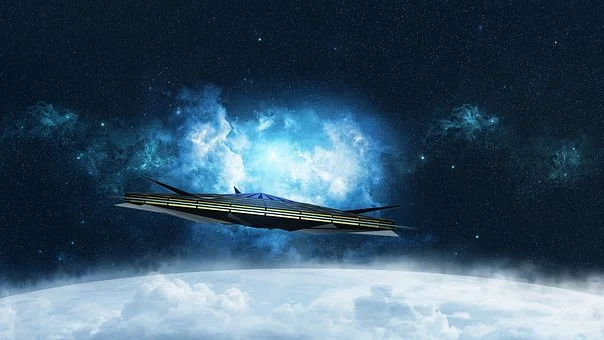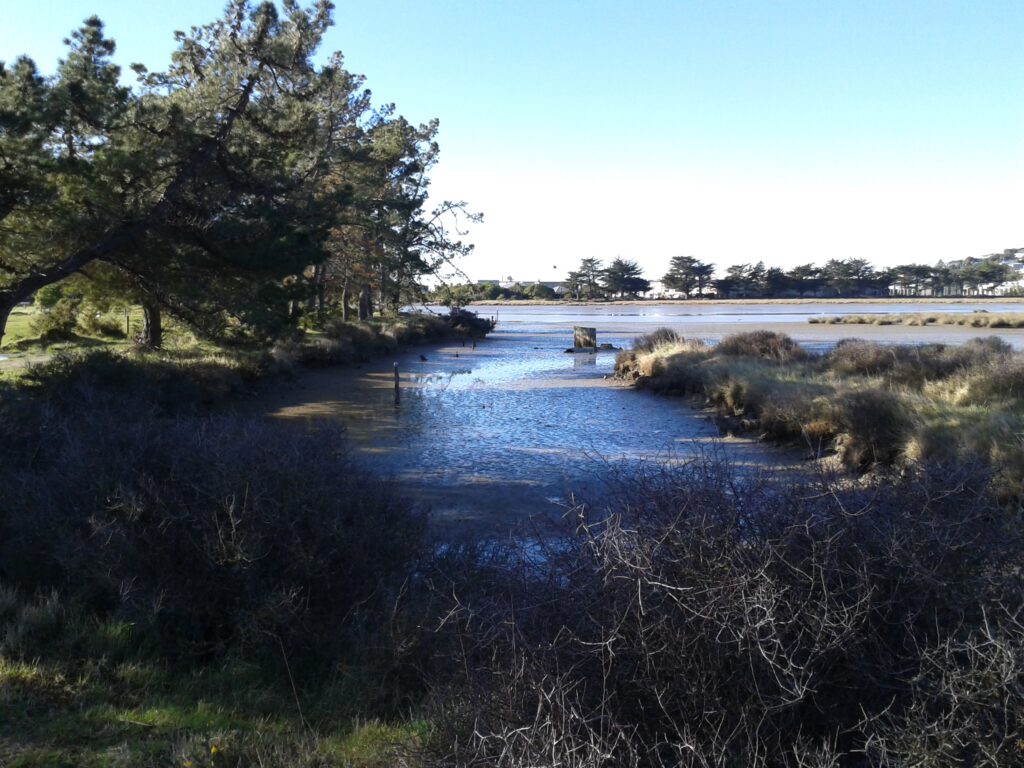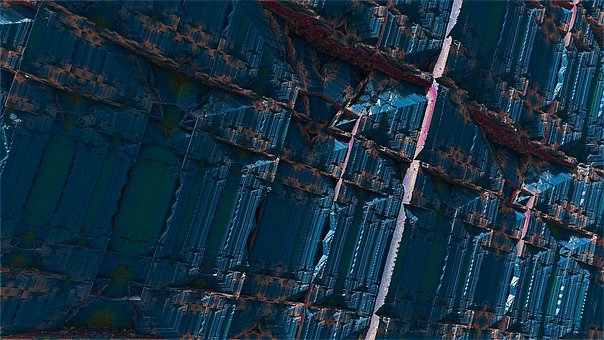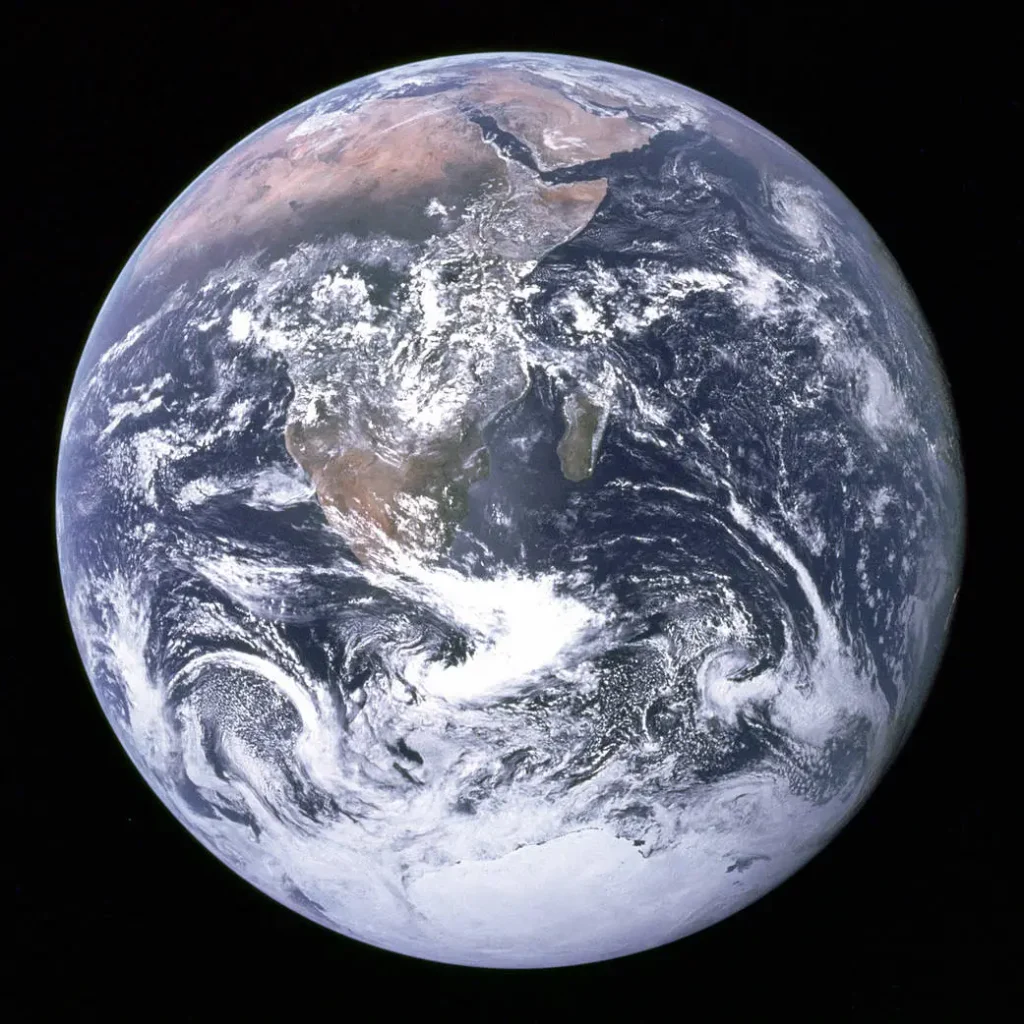
What is Speculative Literature?
There are broadly two type of speculative literature: speculative fiction and speculative non-fiction.
What is Speculative Fiction?

What is speculative fiction? Speculative fiction is a broad genre of fiction that includes, but is not limited to, all the sub-genres that exhibit elements of non-realism. For example, Wikipedia lists under its entry for speculative fiction the following sub-genres: science fiction, fantasy, horror, slipstream, magical realism, superhero, alternate history, utopian and dystopian, fractured fairy tale, steampunk, cyberpunk, weird fiction, fairytale, and post-apocalyptic.
Speculative Fiction Also Includes

Speculative fiction can also include fiction which transcends reality in ways that are not easily categorized by any of the above sub-genres. Authors who seek a freer type of fiction than that prescribed by the above sub-genres, will describe their work as speculative.
What is Speculative Non-fiction?

Authors of speculative non-fiction may use non-fiction to explore the ‘what-if’ that is usually associated with speculative fiction. However the difference between speculative fiction and speculative non-fiction lies in the subject material and how it is handled. Speculative fiction is first and foremost fiction, but with an element of unreality, while speculative non-fiction is largely non-fiction which extrapolates into the existing reality. That is, the speculative non-fiction does not contain elements of unreality but rather elements of extended reality, much as an unrealized engineering design proposes a future engineering reality which is possible but not yet built, and may never be built.
Alternative past histories
One of our authors has suggested to us that speculative non-fiction could also explore alternative past histories, such as how things could have been done differently.
Alternative technology development paths
He has also pointed out to us that some speculative non-fiction can explore alternative technology development paths. These alternative paths would still use existing technology, but steer the development with different attitudes and policies. He believes that such speculative non-fiction might use technology to address issues of resource depletion, pollution, etc. In this vein, he proposes that more sustainable approaches can be presented using readily available technologies. Technologies which are not currently being used to better protect our rare and precious blue planet.

Divergent opinions
When we look look through the sites discussing speculative non-fiction, we see that there appears to be some divergence of opinion, or ambiguity of definition, for ‘speculative non-fiction’. Nevertheless, we at Seaswell Publishing stand by the above description for ‘speculative non-fiction’. We think that some of the alternative definitions of ‘speculative non-fiction’ seem more like ‘speculative fiction’. However, we welcome your opinions on this point. We may have missed something and we welcome being corrected if we have misunderstood what has been written on this subject.
Your comments are welcome
You can send us your comments by registering on our site and entering your comment in the box that you will find below the post announcing this speculative literature page addition to our web site.